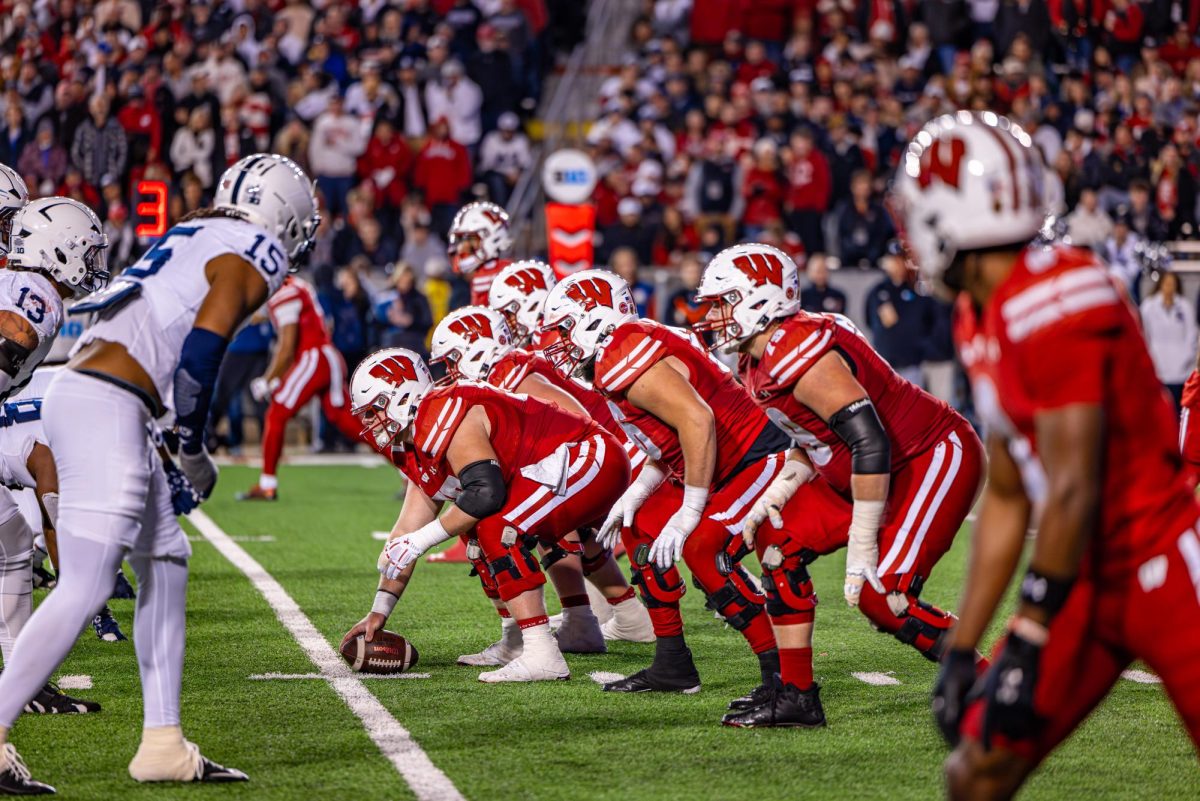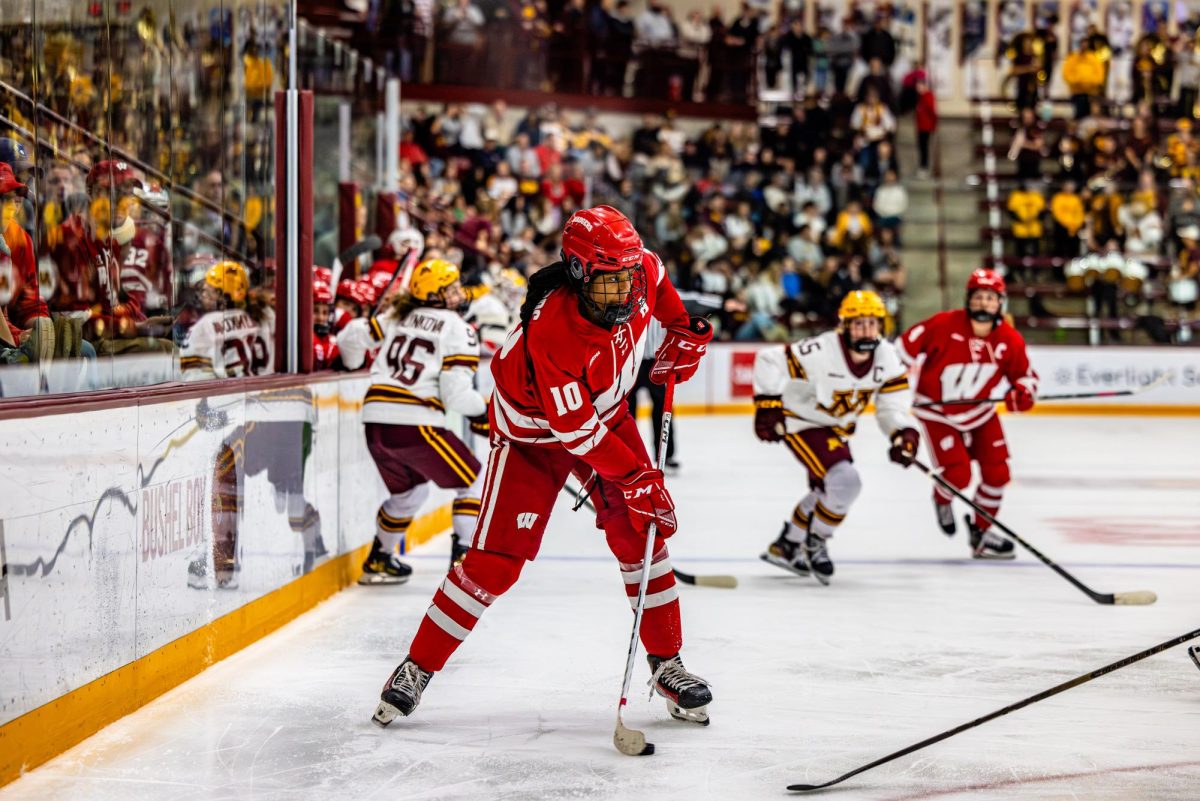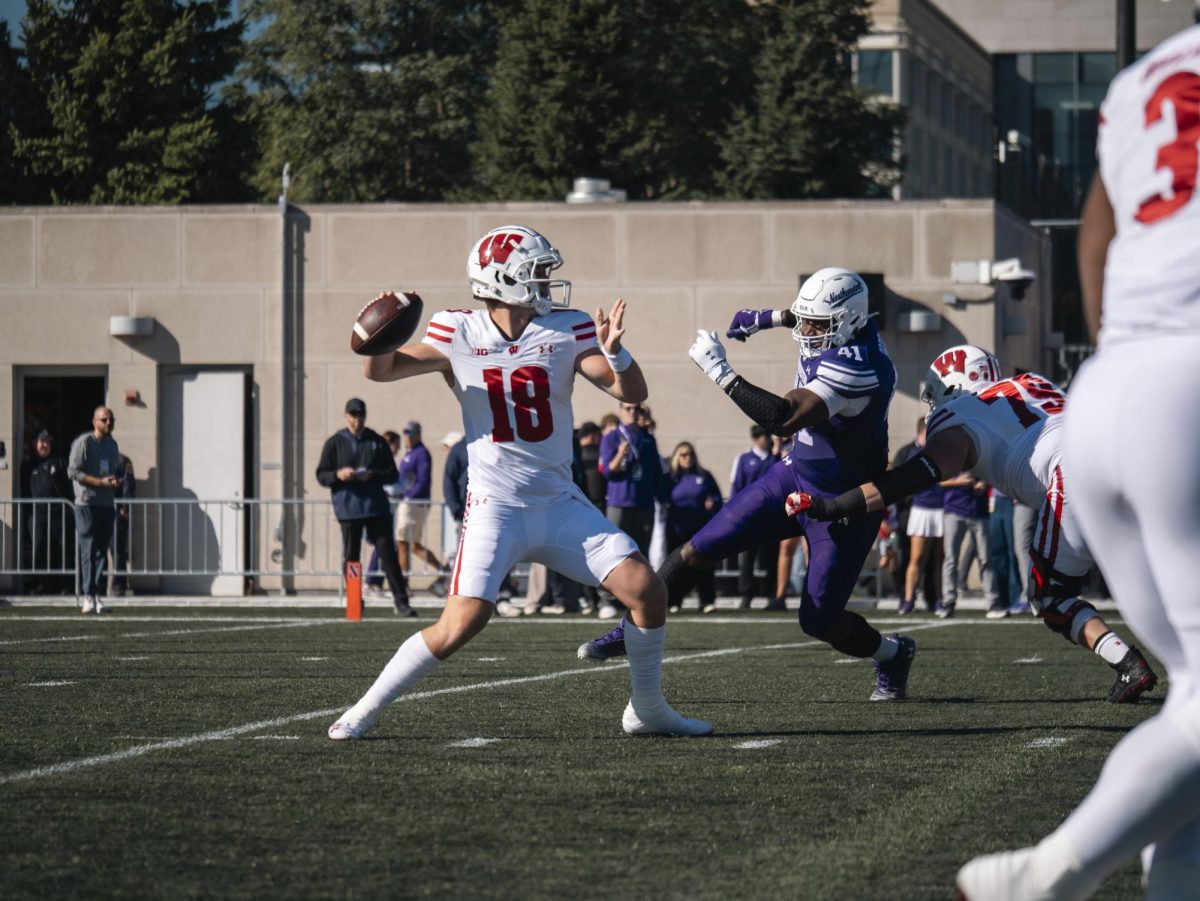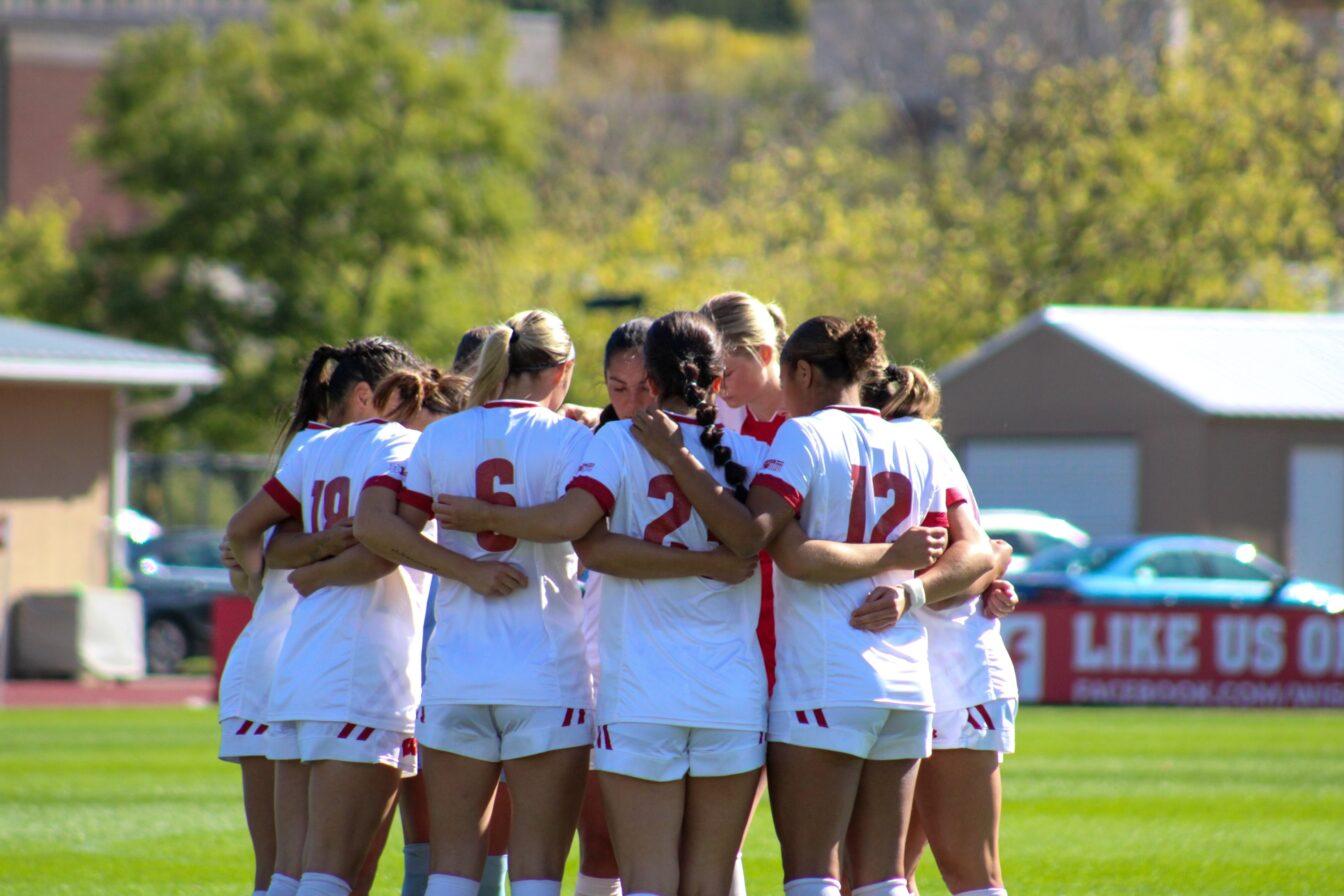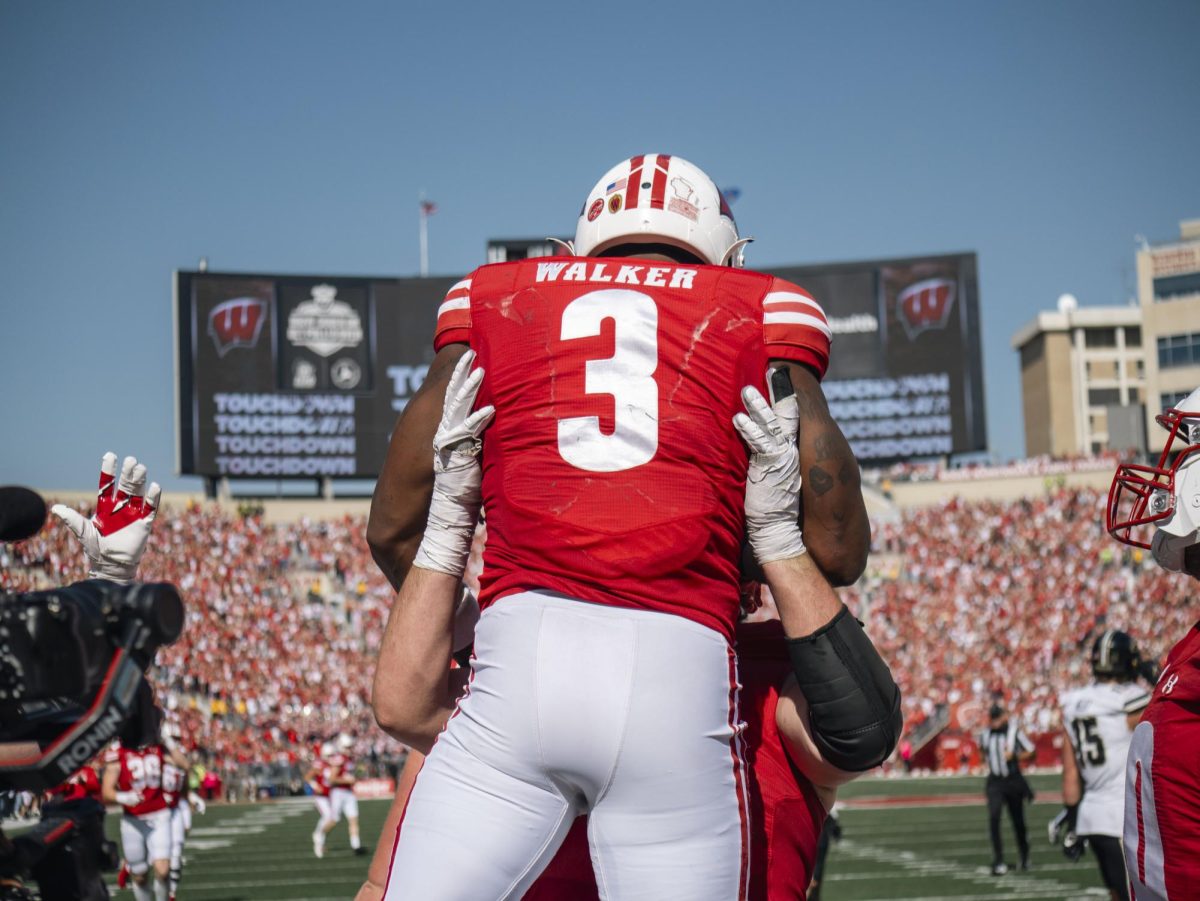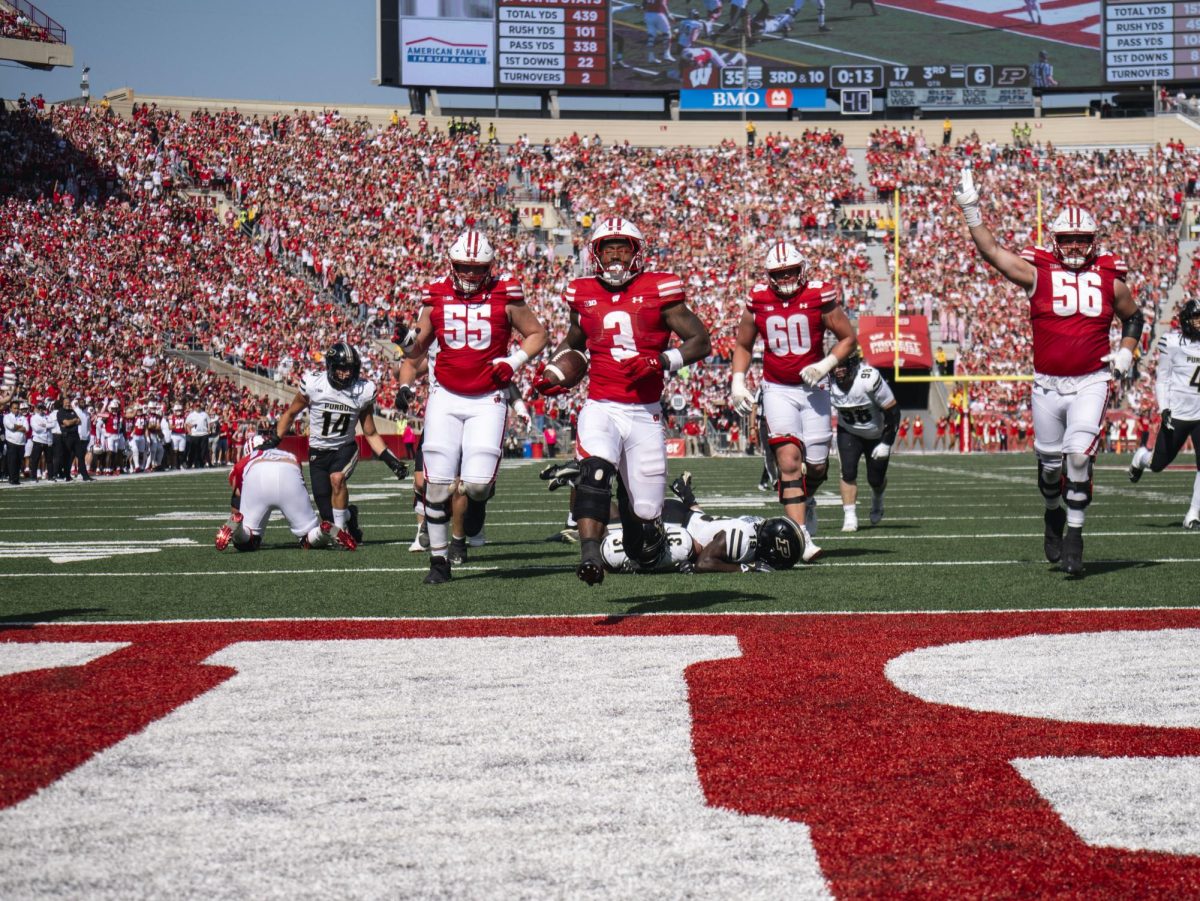I hope you’re all thrilled.
All you big-market blasters and big-payroll pointers.
All you championship cat-callers and World Series wannabes.
All you poor, poor Brewer fans (if you actually exist) seeking something to boo other than your own team.
All you jealous, seething, rage-filled naysayers posing as baseball fans.
Yes, you, the Haters. Your long-awaited moment of vindication has come. Pop your champagne, sashay in the streets and fill your cups with the fruits of labor that are certainly not yours.
The Yankees are dead.
The vaunted starting pitching would have had problems with the Madison Mallards lineup. The MVP second baseman tallied two hits the entire series. The big-money first baseman proved he should be a big-money DH. And despite hitting .500 in the series and making the most heads-up base running play of the year, the Yanks’ Mr. October couldn’t get a hit with runners in scoring position.
The failure of these Yankees, while stinging and completely unanticipated, only illuminates the greatness of the past six installments of pinstripe-wearing postseason phenoms. The 2002 Yankees displayed that the past New York success wasn’t due to George Steinbrenner’s bottomless pockets, as the conventional stupidity of the masses wrongly assumed.
This year’s loaded Yankee squad, assembled before and throughout the season with the sole intent of atoning for last year’s World Series loss, proved that you can’t buy clutchness or heart, two things previous Yankee teams had a surplus of.
Jason Giambi may have hit .314 and smacked 41 homers, but he failed to deliver the timely bombs that Tino Martinez is guaranteed to provide St. Louis with this postseason.
Robin Ventura may be one of the great third basemen and greatest guys to ever play the game, but he didn’t hit any three-run homers off fearsome Troy Percival, reminiscent of the jack lowly Scott Brosius hit off fearsome Trevor Hoffman.
And while Raul Mondesi’s right arm probably tops Paul O’Neill’s left-handed cannon in right, the former Blue Jay didn’t work the count or spray hits the other way or sacrifice his body on defense, or any of the other things that made the former Red one of the Yanks’ all-time greatest prime-time players.
The most impressive thing about the Yankees, as with all great champions, was their composure, their cool. Never did a hint of panic sneak through their steely facades, and it wasn’t a cover-up. They didn’t just stoically hope they would win every series. They knew it.
In the past, every bounce went the Yankees’ way, because they made the bounces go their way. Derek Jeter went and got that ball in the stands down the leftfield line, and Jeter had to intuitively rove across the infield to make the flip to get Jeremy Giambi out at home.
In the past, the Yanks’ clutch meters soared high above the walls of Yankee Stadium’s upper deck. The meters of this year’s installment didn’t even seem to have any mercury in them at all.
When they came to New York, O’Neill, Martinez and Brosius were castaways, veteran players tossed aside and left for dead by number-hungry general managers. RBI-crazy Martinez drove in 100 runs in only one season. O’Neill hit only .259 in Cincinnati before raising his career average 29 points in nine seasons with the Yanks. Brosius hit .218 in ’92 and .203 in ’97, the year before he came to New York.
No huge contracts, no hoopla, no gigantic expectations. These three typified the Yankee championship squads: blue-collar, self-made stars that no one considered super. No one expected much from the unheralded O’Neill, and on more than one occasion the opposing team’s officials thought average-guy Brosius was trying to sneak into the clubhouse for autographs. Tino was seen as a free-swinger who struck out more than he drove in runs.
Maybe these three weren’t “bought” like Giambi was, but they did something far more important: They bought in.
They bought into the mystique and history of the Yankees. They shaved their faces and cut their hair and wore their pinstripes like they were born with them on. They realized that they were, once and forever, Yankees, and with that came a responsibility to get it done when it mattered most, something that didn’t seem to be written into the oversized contracts of this year’s new acquisitions.
By the end of his stay in New York, not even lefties wanted to face the lefthanded O’Neill in the playoffs. The Angels seemed to forget about Mondesi’s supposed power and focused on his .232 season average and inability to hit the curve.
Brosius was seen as a stop-gap solution until Mike Lowell was ready for the bigs. After Lowell was traded he was the stop-gap before Drew Henson was ready. But Brosius never stopped getting key hits, and there never seemed to be a gap between him and the third-base line, and no one really cared when Henson was going to be wearing pinstripes.
Despite the inspired play of the aging Ventura, everyone in New York is now wondering when Henson, already branded as the Yanks’ next superstar, will be at third. Answers must come from somewhere, and it’s certainly not from the places Brian Cashman thought he found them this year.
Henson probably won’t be up for another year, but even his excess of talent doesn’t guarantee that he can do what O’Neill, Brosius and Martinez did during the Yanks’ magical run. Those three were, quite simply, gamers. They weren’t elite athletes who had to choose between the NFL and baseball. They weren’t named saviors years before they even joined the club. They just had more heart, pride and timeliness than a manager could ever ask for.
And they’re gone, replaced by overpaid disappointments that will hopefully realize by next season that winning 100 games and making the playoffs are only a prelude to the real regular season for the Yanks.
The Yankees are dead.
Long live the Yankees.


